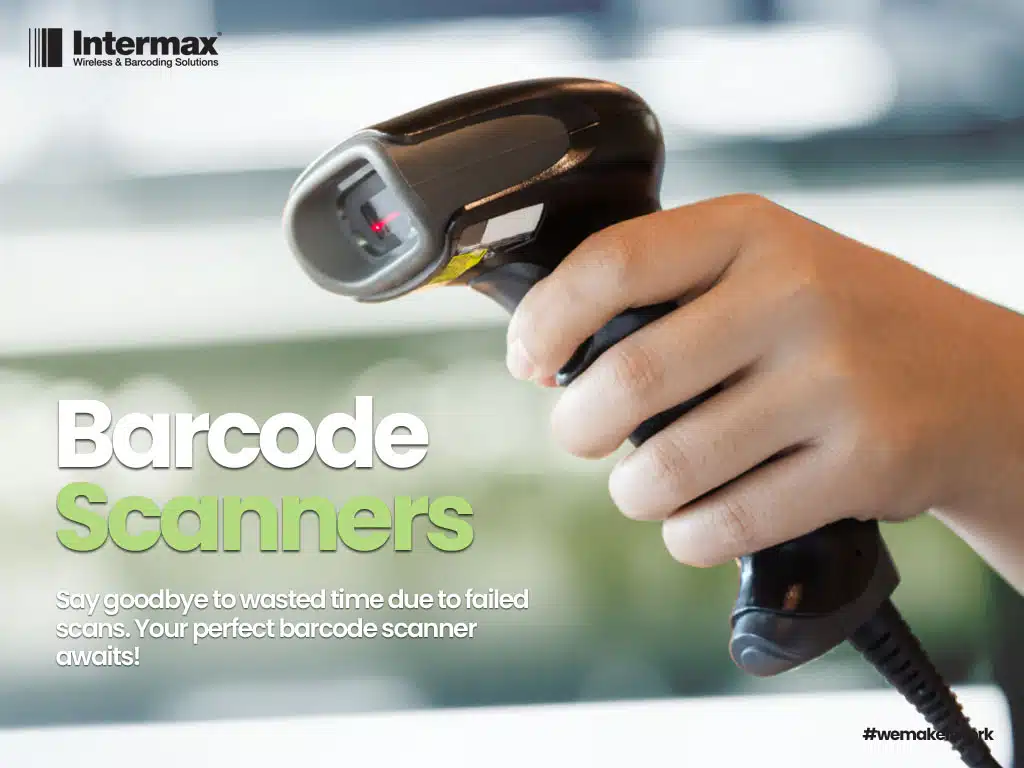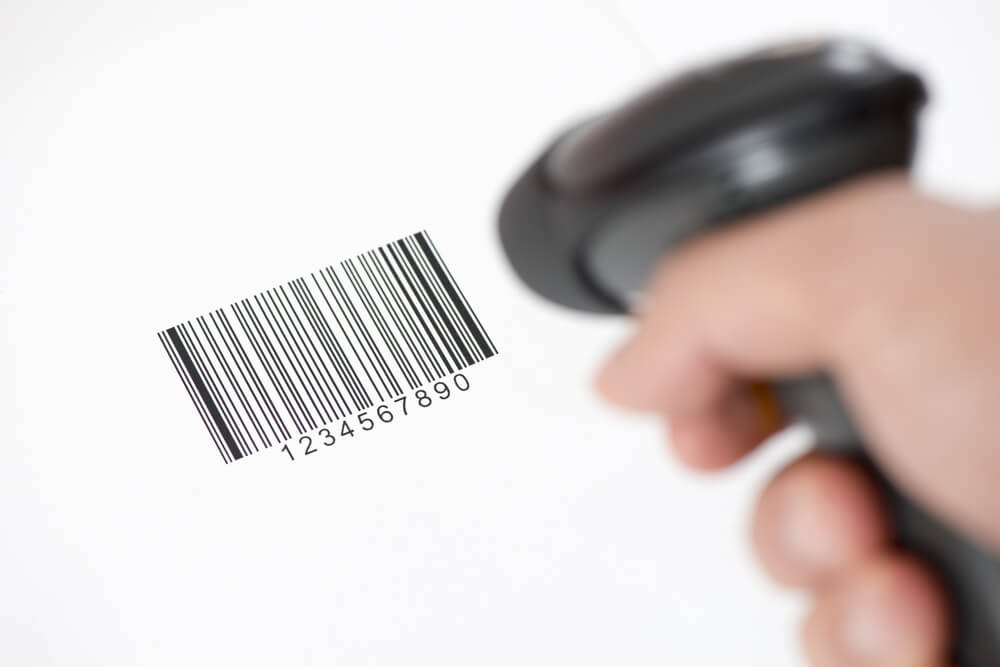Compact Barcodes Scanners for Seamless Inventory Tracking Anywhere
Compact Barcodes Scanners for Seamless Inventory Tracking Anywhere
Blog Article
Selecting the Right Barcode Scanner for Your Company Demands
Selecting the ideal barcode scanner for your organization requires a nuanced understanding of your specific operational requirements and environmental conditions. Aspects such as scanner type, rate, and compatibility with existing systems play an essential role in determining the appropriate option.
Comprehending Barcode Scanner Kind
When it involves choosing a barcode scanner, recognizing the various kinds readily available is crucial for meeting particular company needs. Barcode scanners can be categorized into numerous types, each developed for different applications and environments.
Handheld scanners are the most typical, using portability and simplicity of usage, making them suitable for retail and stock administration. They commonly link using USB or Bluetooth, providing adaptability in procedure. Fixed-mount scanners, on the various other hand, are developed for high-volume scanning applications, frequently located in assembly lines or check out counters. These scanners are mounted in a stationary position, enabling for fast scanning of numerous products in sequence.
Another kind is the mobile computer, which incorporates scanning capacities with calculating power. These devices are excellent for area procedures or stockroom management, enabling data collection and real-time stock tracking. In addition, there are commercial scanners that are developed to withstand extreme environments, such as severe temperature levels or direct exposure to dust and moisture.

Trick Functions to Take Into Consideration
What important attributes should businesses prioritize when selecting a barcode scanner? First and foremost, scanning rate is critical, as faster scanners boost functional effectiveness, especially in high-volume atmospheres. The scanner's capacity to check out numerous barcode formats is likewise essential; guarantee it supports preferred kinds like QR codes, UPC, and Code 128 to fit varied stock items.
Longevity is one more vital attribute, specifically for companies in sturdy setups. Look for designs that are built to endure decreases, dust, and moisture. Furthermore, consider the connectivity alternatives available; whether you like USB, Bluetooth, or Wi-Fi, the ideal connection can boost combination with existing systems.

Examining Your Organization Atmosphere
To effectively choose a barcode scanner, organizations should analyze their details functional atmosphere. This visit their website evaluation consists of evaluating the physical layout of the work area, the nature of the items being checked, and the normal conditions under which scanning happens. For example, a retail environment may need handheld scanners that can rapidly refine transactions at the check out, while a storehouse setting may take advantage of ruggedized scanners created to sustain harsher conditions.
Furthermore, consider the volume of scanning needed. High-throughput settings might necessitate advanced scanning technologies, such as fixed-position scanners or mobile phones that can run efficiently in busy scenarios. The combination abilities with existing supply monitoring systems also play an important role; make certain the selected scanner can effortlessly connect with software application systems being used.
A scanner that satisfies present needs could not be enough as company expands. By thoroughly evaluating these elements, services can select a barcode scanner that not only fulfills instant requirements yet likewise supports long-term operational effectiveness and adaptability. barcodes scanners.
Budgeting for Your Scanner
Having evaluated the operational helpful site environment and recognized the details needs for a barcode scanner, the next action involves mindful budgeting to guarantee a clever economic investment. Establishing a spending plan begins with identifying the overall expenses linked with the scanner, including first acquisition cost, operational costs, and prospective maintenance costs.
When selecting a barcode scanner, think about the variety of offered alternatives, from handheld devices to fixed-position scanners, as rates can differ considerably. It is vital to stabilize price with functionality; deciding for a more budget-friendly design might lead to enhanced operational inadequacies if it does not meet your service requirements.
In enhancement to the hardware, consider costs related to software program, training, and potential upgrades. While it may be appealing to decrease upfront expense, buying a high quality scanner that lines up with your operational demands can yield long-lasting financial savings through improved efficiency and minimized downtime.
Lastly, take into consideration the total cost of ownership, which encompasses the scanner's lifespan and prospective resale worth. By meticulously preparing YOURURL.com your budget, you can ensure that your investment in a barcode scanner will certainly improve your functional performance and economic efficiency.
Combination With Existing Equipment
Integrating a barcode scanner with your existing systems is critical for optimizing its performance and making sure seamless procedures. barcodes scanners. A well-integrated scanner boosts workflow effectiveness, reduces errors, and accelerates information processing. When selecting a barcode scanner, consider compatibility with your present software and hardware facilities, including your stock monitoring systems, point-of-sale (POS) systems, and business resource preparation (ERP) solutions
Review whether the scanner utilizes conventional procedures such as USB, Bluetooth, or Wi-Fi, which can help with simple assimilation. Furthermore, analyze whether the scanner's software provides APIs or SDKs that enable personalization and assimilation with proprietary systems. This is especially important for companies with special operational demands.
As your organization expands, your systems must be able to fit extra scanners and handle enhanced data quantities without substantial reconfiguration. Ultimately, investing in a barcode scanner that effortlessly integrates with your existing systems will certainly yield long-term benefits, enhancing precision, performance, and general efficiency within your procedures.

Conclusion
In verdict, choosing an ideal barcode scanner requires a thorough analysis of different factors, including scanner types, essential features, and the details business setting. Correct budgeting for both acquisition and functional expenses is critical, alongside guaranteeing compatibility with existing systems. By diligently considering these components, businesses can boost performance and efficiency, eventually resulting in enhanced operational results. The appropriate barcode scanner serves as an essential device in simplifying processes and assisting in effective supply monitoring.
Report this page